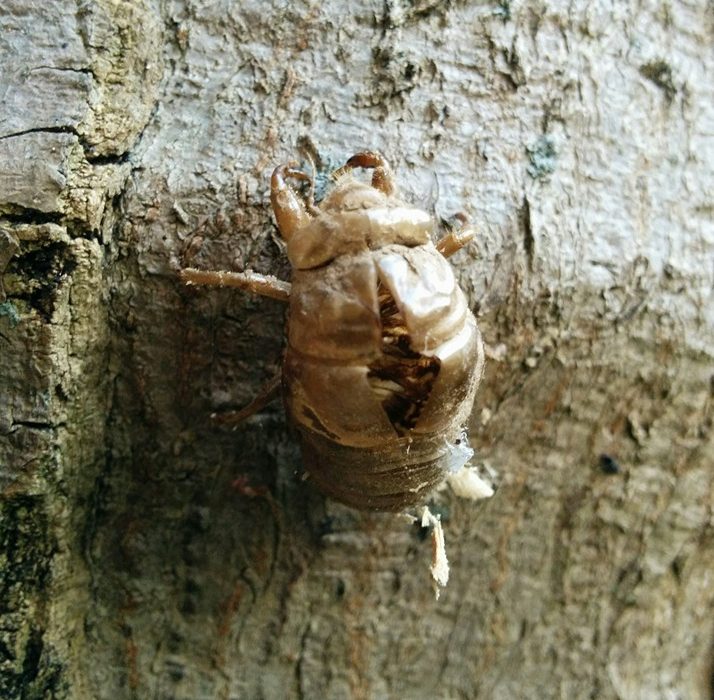Some days
the sadness comes, whispering into the fragrance of the day, dyeing it just enough with
blue so that your heart catches, and tears rise.
Happiness can sneak up on you too.
Some days you wake up, it might be in the middle of a dark winter, but
you find yourself inexplicably happy.
Memories are
attached to cycles in the seasons and the weather. Some days the autumn wind carries a memory
scented with sorrow that arrives when the air is cool, brisk, and full of rain. Other times memories of happiness bloom in the
heart and suddenly everything is spring.
As it nears
the first anniversary of my mother’s death I remember her taking me to my first
guitar lessons when I was in second grade.
I remember how she brought me to the creek after the lessons, and let me
lift my pant legs and take off my shoes and socks, and wade in the water to
look for crawfish, turtles, and salamanders.
This memory snagged my heart like a fish hook a few days ago. It reeled me back and back until it landed me
in a net of sorrow and gratitude, and I wept like a baby.
So when the
sadness comes, I needn’t ask why. I
never ask myself why I’m happy. I just
feel happy. Why not do the same with
sadness? Or anger? Why do some feelings pine for
justification? Certainly some are more
comfortable to feel than others. But the
human experience is a mingling of many emotions, each with its own fragrance,
sensation, color, and yes, reason. Since
they are ephemeral in nature however, it is nearly useless to try and figure
out why we’re feeling whatever it is we’re feeling. Instead of teaching children to think out why
they’re feeling something, why not teach them to feel what they’re feeling and
not react in harmful ways to the uncomfortable ones (or to the happy ones for that
matter)?
Sure things
need to get talked through, but feelings are like spirits. They come when they come. They go when they go. They probably have their mysterious plans and
reasons for appearing in the blurred edges of your vision, but they might just be
passing through on their way to another soul.
Rumi called
feelings guests. He encouraged us to welcome
them in, letting them stay awhile knowing that they’d be moving on soon
enough. I like his idea and add this one
of my own: Bless them. Thank them.
Bless them all. Thank them
all. If you’re feeling something you
have a pulse. You have hope—no matter
what the feeling. If you’re emoting,
then just be with your feelings as if you were with a friend or a moving piece
of music. Listen to them as if they were
senior citizens or young children. They
have stories to tell. They won’t
tell you why they exist—but they will just give you glimpses into their hearts,
into their histories with the wind, the stars, the darkness, and the
light. They will offer you hints into
yourself as long as you approach those hints as if you would a deer or a heron. Celebrate them. Lavish them with praise. Be in wonder.
They are gifts of the season, the day, the moment, the food you ate, the
air you breathe, the things you’ve done or didn’t do, the things that happened to
you, or didn’t happen; they are fireflies; they are the feathers of owls after
the owl lifts and banks into the marsh.
Mostly they will open you. They
will open the windows of your heart and pour in life. They will reveal you to yourself in that precise
moment in time, and then disappear with the winter wind.
So feel your
feelings. Be with them in your
body. Move with them (e-motion). And give thanks for being alive.
Copyright Joseph Anthony of the Wonder Child Blog
